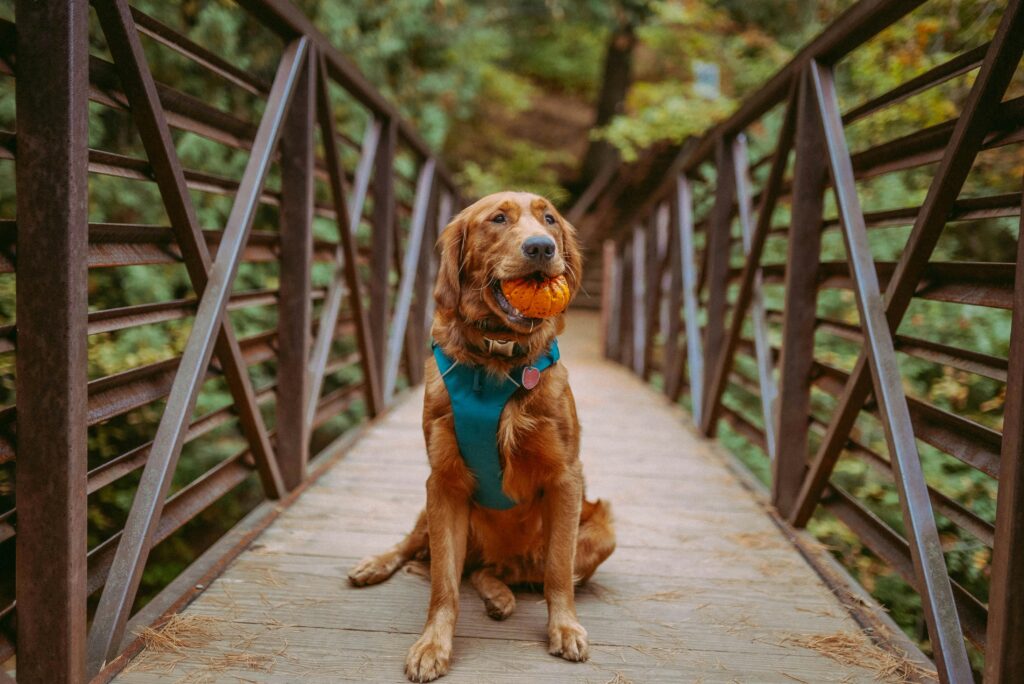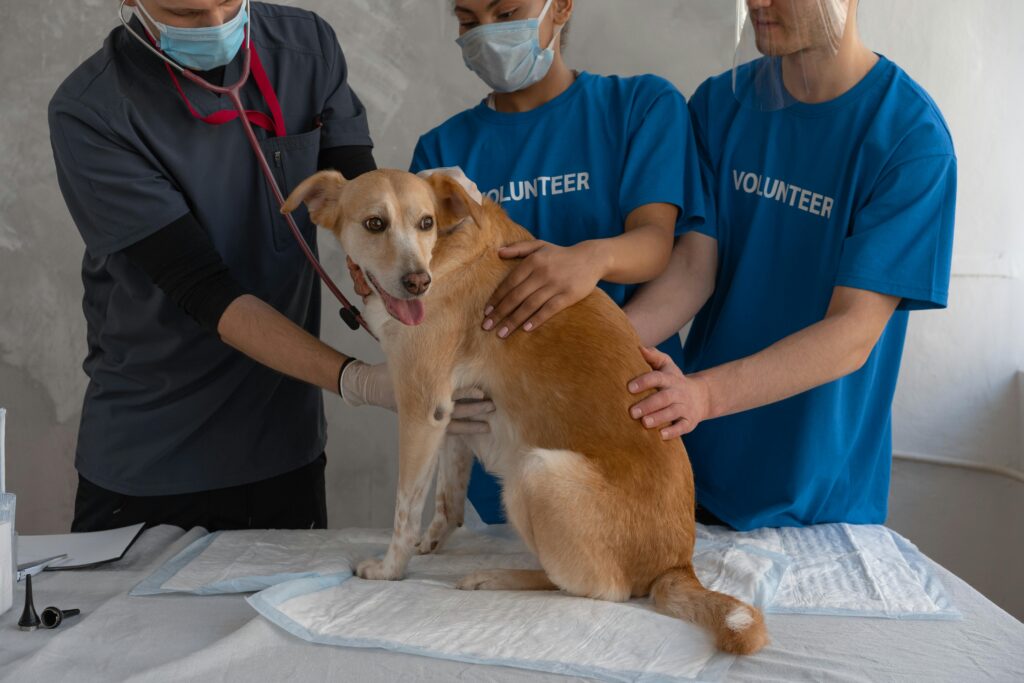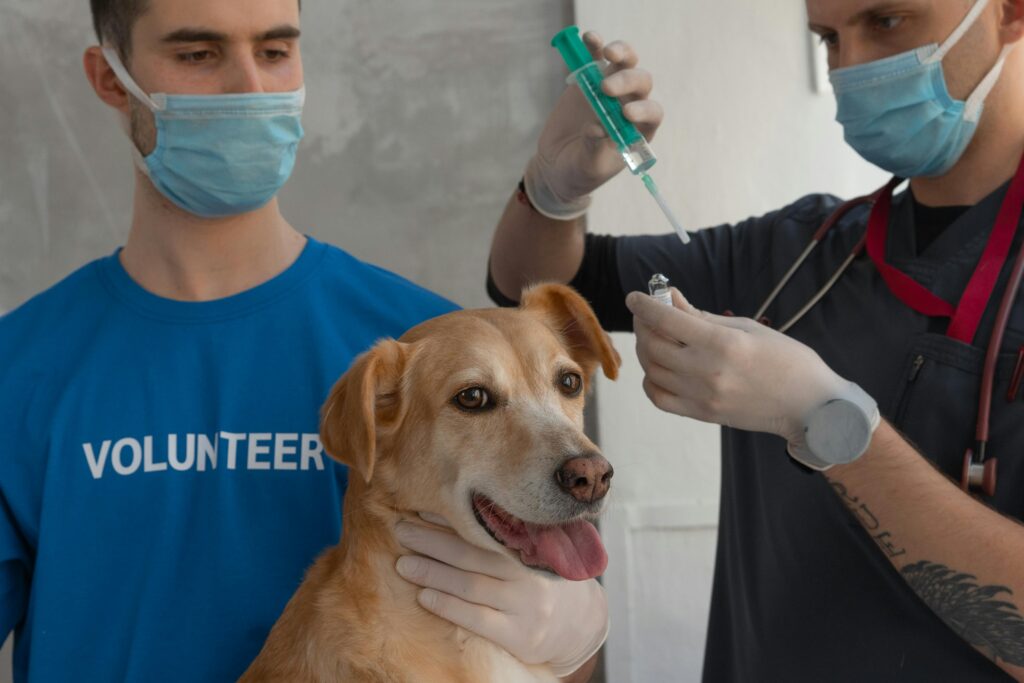
Puppy biting is a natural part of growing up for your furry friend, but it can become problematic if not addressed early. If you’ve ever wondered why puppies bite and how to stop it, this guide is here to help. At PetsDogPuppy, we’re committed to helping you navigate this common puppy behavior.
Why Do Puppies Bite?
Puppy biting is a form of exploration. Puppies use their mouths to discover the world around them, much like human babies. Here are a few common reasons puppies bite:
- Teething: Puppies start teething around 3 to 4 weeks of age, and the process continues until they are about 6 months old. During this time, biting helps soothe their sore gums.
- Play Behavior: Puppies often bite during play as a way to interact with their siblings or humans.
- Overstimulation: When puppies get too excited, they might nip as a way to release energy.
- Attention-Seeking: Sometimes, puppies bite to get your attention, especially if they feel ignored.
How to Stop Puppy Biting
Stopping puppy biting requires patience and consistent training. Here are some effective methods to help curb this behavior:
1. Provide Chew Toys
Give your puppy appropriate chew toys to satisfy their need to bite. Look for durable, puppy-safe toys designed specifically for teething. Redirecting their biting to toys helps them learn what is acceptable to chew on.
2. Teach Bite Inhibition
Bite inhibition is a crucial skill for puppies to learn. When your puppy bites too hard, let out a high-pitched “ouch” to mimic the reaction their littermates would give. This helps your puppy understand that biting hurts and encourages them to use a softer mouth.
3. Avoid Rough Play
Roughhousing can encourage puppy biting. Stick to calmer play activities that don’t involve your hands as toys. Games like fetch or tug-of-war with a toy are better alternatives.
4. Reward Positive Behavior
Positive reinforcement is key. Praise and reward your puppy when they choose to chew on toys instead of biting you. This reinforces good habits and makes learning fun for them.
5. Be Consistent
Consistency is vital when teaching your puppy not to bite. Everyone in the household should follow the same rules to avoid confusing your puppy.
When to Seek Help
While puppy biting is normal, excessive or aggressive biting may indicate a deeper issue. If your puppy’s biting persists despite consistent training, consult a professional trainer or veterinarian for guidance.
Final Thoughts
Understanding puppy biting and addressing it early will help ensure your furry friend grows into a well-behaved adult dog. With patience, the right tools, and consistent training, you can curb this behavior effectively. For more tips on puppy training and care, explore our other resources on PetsDogPuppy.
By addressing puppy biting now, you’re setting the stage for a strong and happy bond with your pup for years to come.


